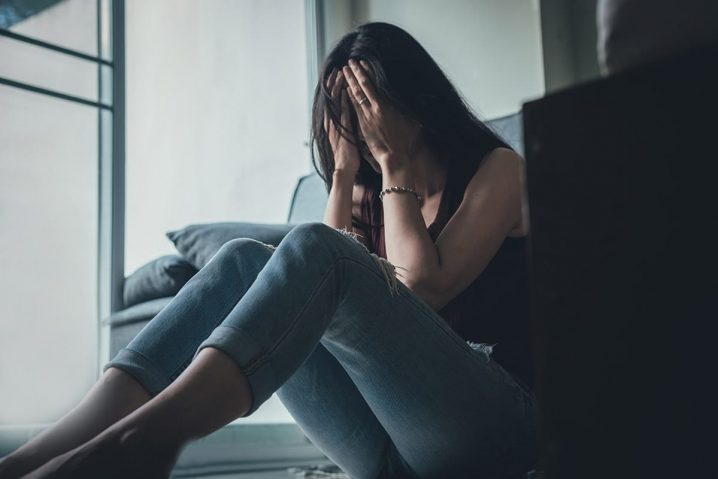Benzos refer to a class of drugs that commonly function as depressants. As such, they lower brain activity and decrease anxiety levels and are frequently prescribed in treating insomnia, seizures, and various anxiety disorders despite their tendency to be misused. If you or a loved one is struggling with an addiction to one of the commonly abused benzos, reach out to Lighthouse Recovery’s personalized benzo addiction treatment program as soon as possible.
The question of how long benzos stay in your system is fairly common, but the answer is a little more complicated. Different benzos have different peak levels and half-lives, and the dosage, frequency of use, and one’s prior medical history also play a role in determining the timeframe of benzos in one’s system. To learn more about the commonly abused benzos and addiction treatment programs, call us at 866.308.2090.
How Long Do Benzos Stay in Your System?
Before delving into how long benzos stay in one’s body, it is important to understand how and why the effects of benzos differ so widely from person to person.
Commonly Abused Benzos
The commonly abused benzos include the following:
- Ativan (lorazepam)
- Xanax (alprazolam)
- Klonopin (clonazepam)
- Valium (diazepam)
- Restoril (temazepam)
The Peak Levels and Half-Lives of the Benzos
The peak level of a drug refers to the highest concentration of the substance in an individual’s bloodstream. The peak levels of commonly abused benzos are as follows:
- Alprazolam: 1-2 hours
- Lorazepam: 1-2 hours
- Clonazepam: 1-4 hours
- Diazepam: 0.5 to 6 hours
The half-life of the drug refers to the time taken by the body to remove half of the drug’s dose. Roughly, it takes around five half-life cycles for the entirety of the drug to be removed from one’s system.
The half-lives of such drugs are as follows:
- Alprazolam: 12-15 hours
- Lorazepam: 10-20hours
- Clonazepam: 18-50 hours
- Diazepam: 20-80 hours
Factors That Determine How Long Benzos Can Stay in Your System
Benzos work by sending chemical messages to the brain to slow down activity; as a result, one feels calm, relaxed, and is able to sleep. Some benzos can act very quickly, while others are slow-acting or more potent. So, how long benzos stay in your system is dependent on the following factors:
- Type of benzo prescribed
- Dosage
- Frequency of dose
- Age of the patient
- Kidney and liver functions
Thus, if an older person with physical health issues takes benzos regularly, the chemicals will remain longer in their system and have more potent effects when compared to someone who has been prescribed the medication for the short term following surgery.
Detection of Benzos in Your System
The presence of benzos in one’s system can be detected by simple drug tests that examine one’s urine, hair follicles, saliva, and blood, as follows:
- Urine: 1-2 days
- Hair Follicles: up to 90 days
- Blood: 1 hour to 8 days
- Saliva: 1-2 days
Find Help and Healing at Lighthouse Recovery Institute
For several years now, Lighthouse Recovery has been a beacon of hope to Florida residents, offering viable ways to successfully combat substance use disorders. No matter how severe the condition, our 90-day treatment programs (accompanied by aftercare) is designed to help you heal, regain your confidence and autonomy, and reconnect with the community at large.
In addition to partial hospitalization and intensive outpatient programs, we also provide a variety of evidence-based therapies, medication-assisted treatment, and other holistic resources that can be customized as per the client’s unique needs.
It is not advised that an individual attempt to quit benzos on their own, and it is never too late to seek help. Call us at 866.308.2090 and embark on your healing voyage today.





